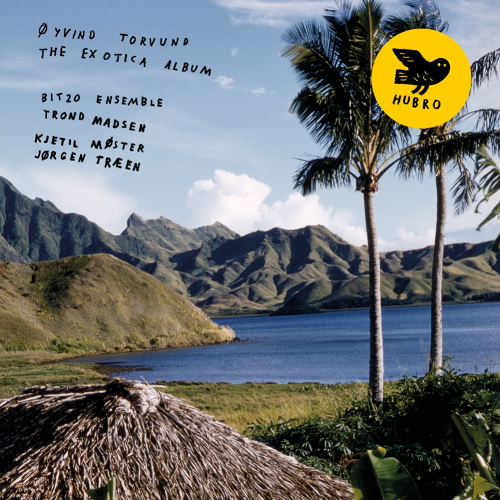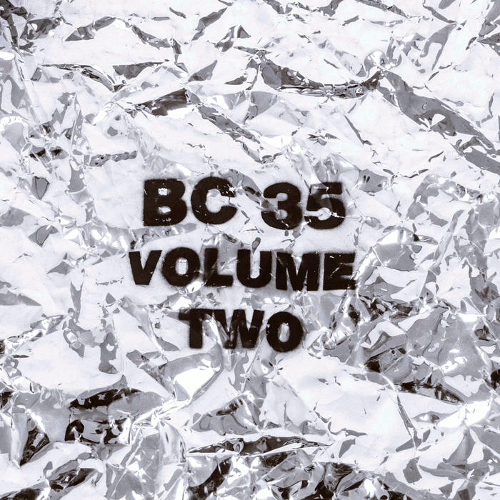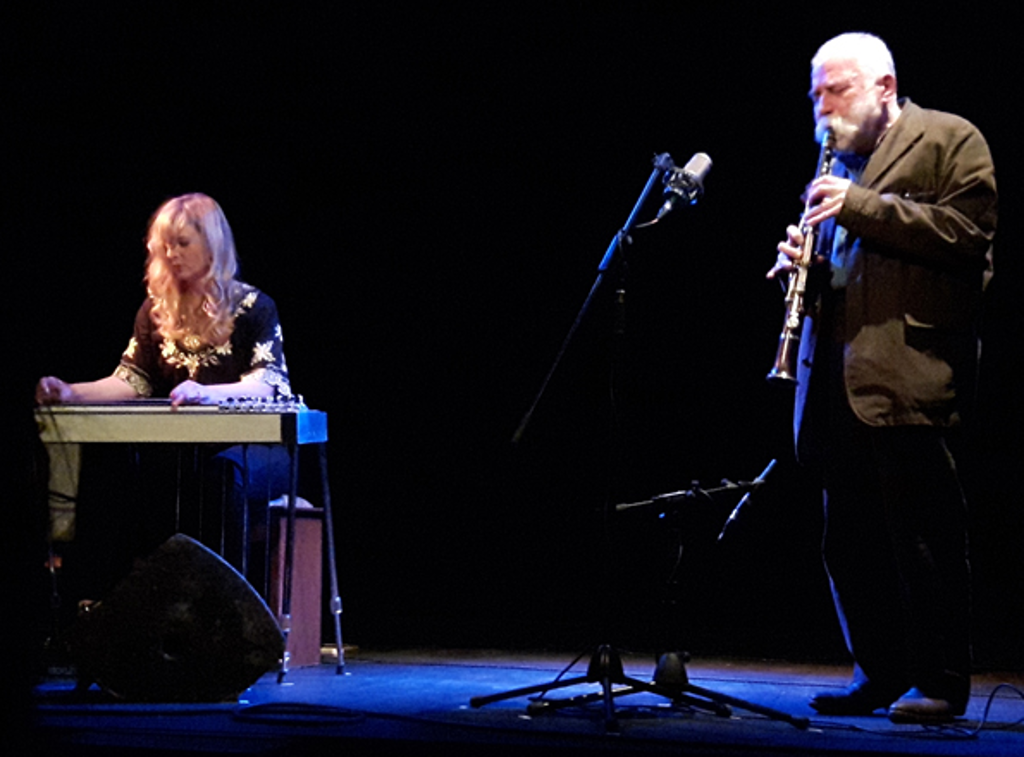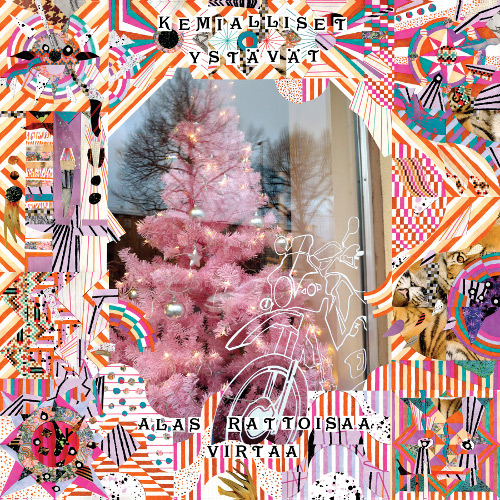 It is clear from the title of the album, the tone of the cover imagery and some of the track titles that Mark Beazley and Michael Donnelly may not be treating us to another blissful series of plangent, bass heavy soundscapes. Blurred images of police lines and war shots offset by high-class partying are set against a blood-red sky. With titles such as “May 3rd 1979 (When Evil Took Hold)”, which is the date Margaret Thatcher came to power, and “May 2nd 1997 (The End Of Truth)”, when Tony Blair became British prime minister, Mark is clearly still working through some frustration at the legacies that these two leaders have left behind. It isn’t easy listening at all, uneasy listening at best and at times a furious onslaught of noise that catches the habitual Rothko listener a little unawares.
It is clear from the title of the album, the tone of the cover imagery and some of the track titles that Mark Beazley and Michael Donnelly may not be treating us to another blissful series of plangent, bass heavy soundscapes. Blurred images of police lines and war shots offset by high-class partying are set against a blood-red sky. With titles such as “May 3rd 1979 (When Evil Took Hold)”, which is the date Margaret Thatcher came to power, and “May 2nd 1997 (The End Of Truth)”, when Tony Blair became British prime minister, Mark is clearly still working through some frustration at the legacies that these two leaders have left behind. It isn’t easy listening at all, uneasy listening at best and at times a furious onslaught of noise that catches the habitual Rothko listener a little unawares.
In fact, this widescreen sun-bleached imagery and a sense of creeping dread overwhelms a lot of the album. “One Million Drops Of Death In The Sea” sounds like its title. Empty coastal buildings, ruined lift shafts echoing with the recent clamour of war, broken windows overlooking the relative calm of the sea, everything scorched and sunblasted with memories of Morse code messages riding over the waves never to be heard, stuck in a kind of orbit of torpor. The static-filled soundscape leaves no room at all. Usually with Rothko, there is space and time for us to reflect and bask in those languid bass passages; but here we have no such luxury. The sound is full to bursting and I can only imagine that when this was mixed, the needles were in the red most of the time.
In “For The Disappeared” we hear the trademark bass for the first time, bringing some much-needed movement to the cloying atmosphere — but it is then wiped out and disappears back into the chaos. There is a submerged four-note keyboard figure that sounds lonely and isolated, and as the dust settles, the whole track seems to sway as if caught in some gentle waves. Maybe this is an elegy to bodies sitting on the ocean floor, their only movement caused by the motion of the tides. There really isn’t much let up here. Grainy visions and circular feedback, a gradual swell of bells and uproar inform “What Happened To Hope”, as if we are drawing closer to some disaster, the sounds of emergency services filling our heads as visions of destruction swarm through our senses. It is short and remarkably sour, but the next track follows in the same sort of vein, testing the listener, gauging how much of this we can take. Like visions of famine and torture broadcast on the late-night news, it is compelling and at the same time uncomfortable.This is Rothko at their most vicious and angry. Words aren’t necessary when you can prepare something as difficult and texturally awkward as this. It is a thrilling but supremely uncomfortable ride, and perhaps this is what Mark wants. It is the most extraordinary volte face, but one that perhaps he needed to make, to show the band is still alive, still vibrant and still relevant. On the strength of this, there is no doubt.
-Mr Olivetti-



